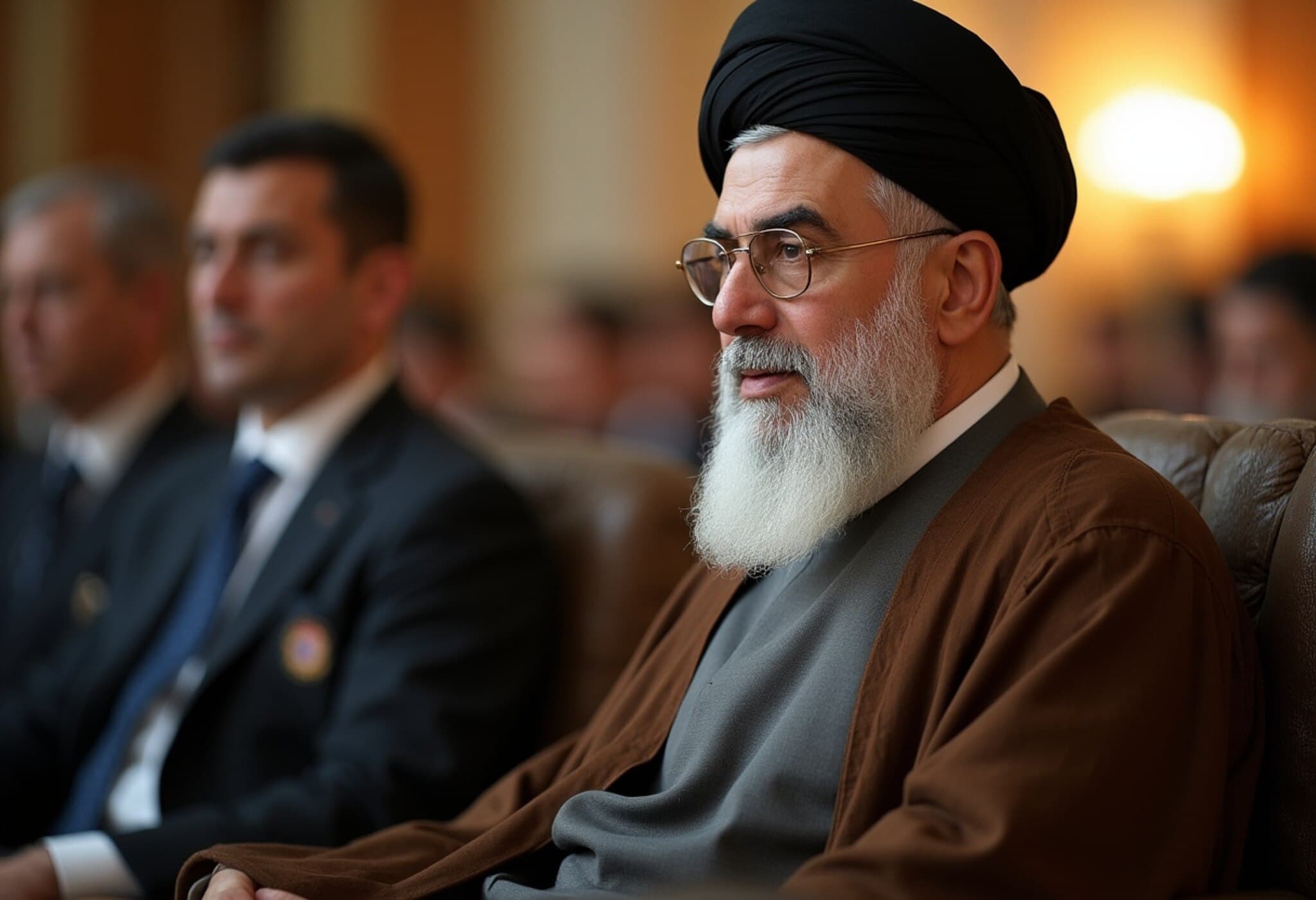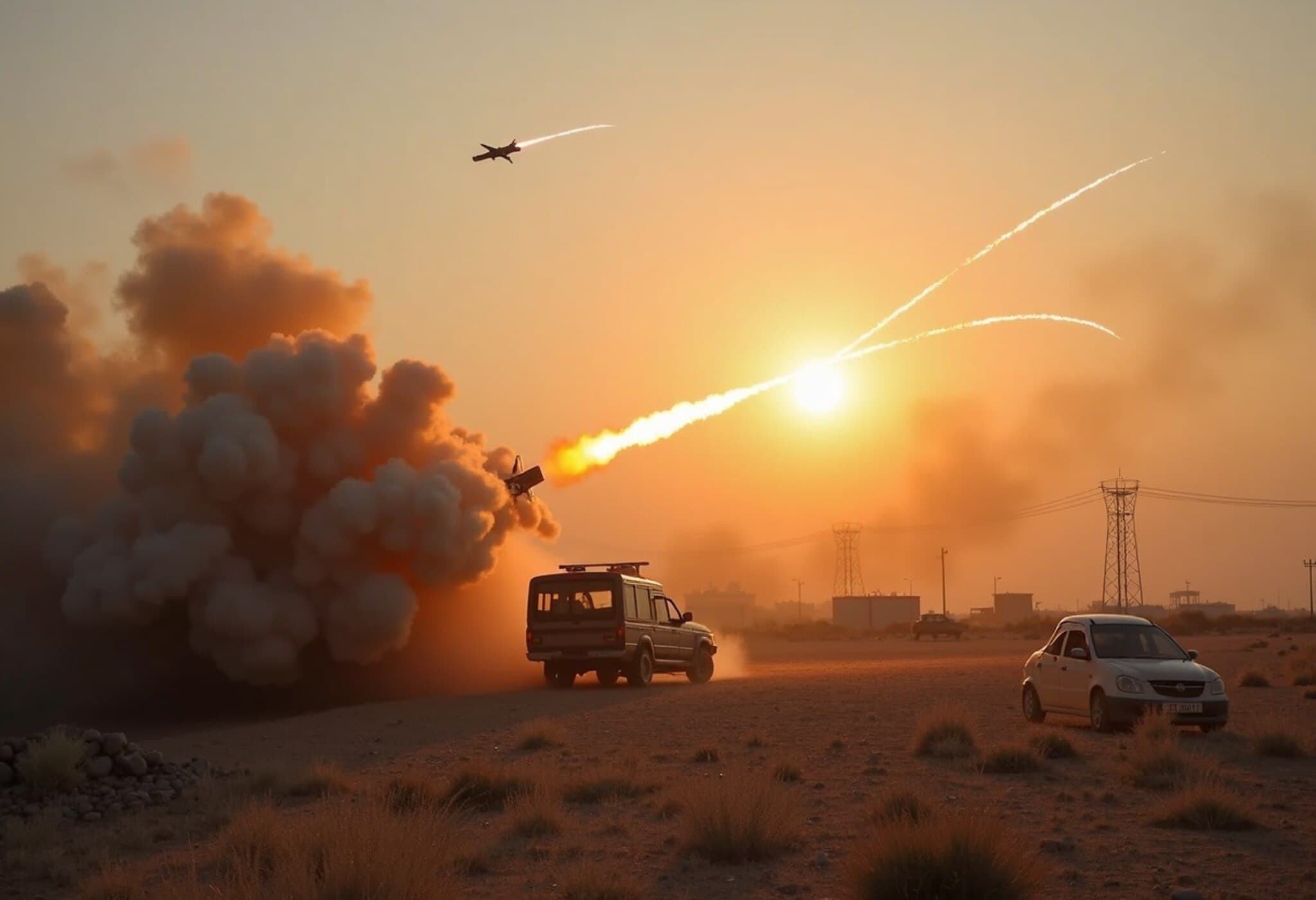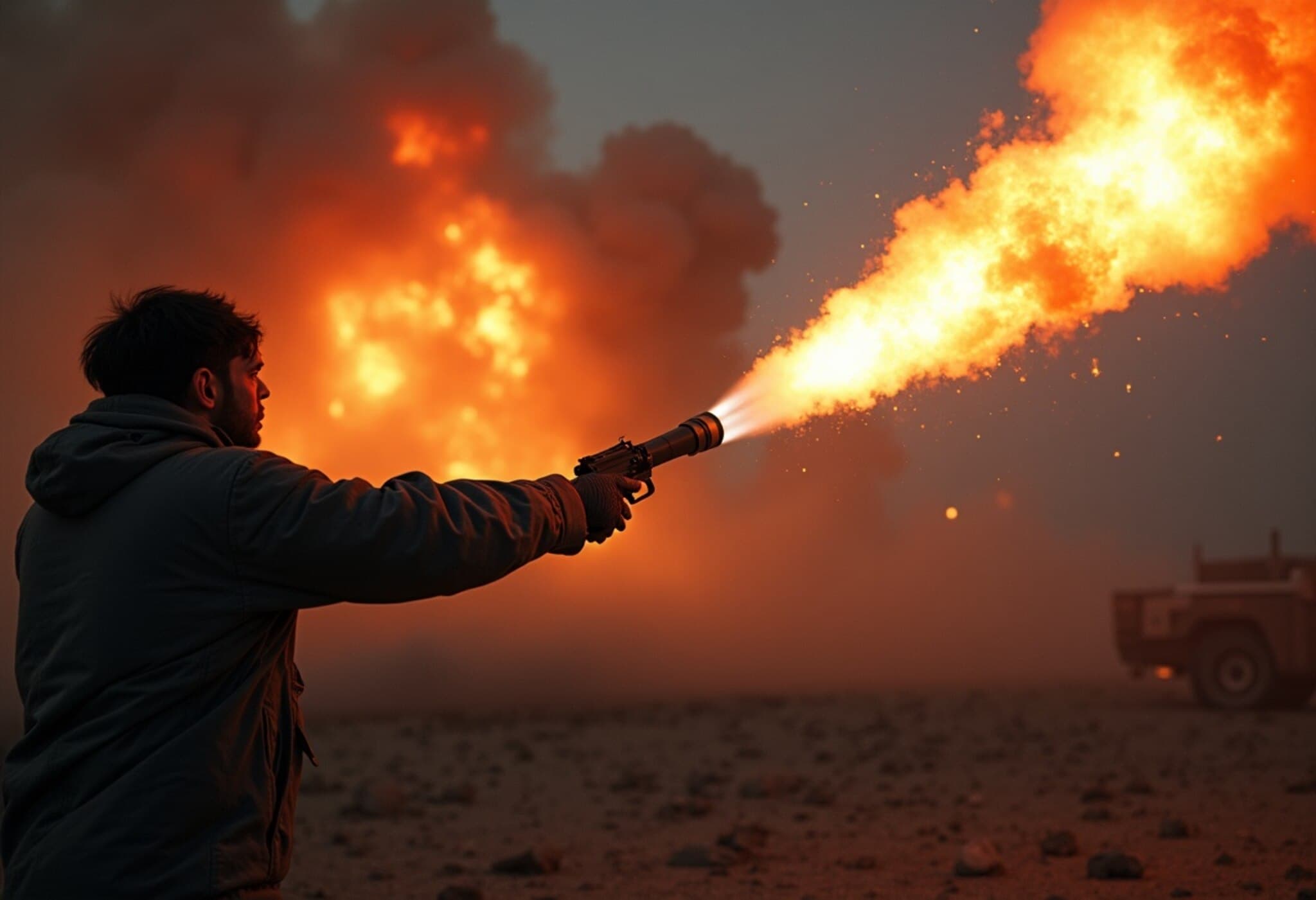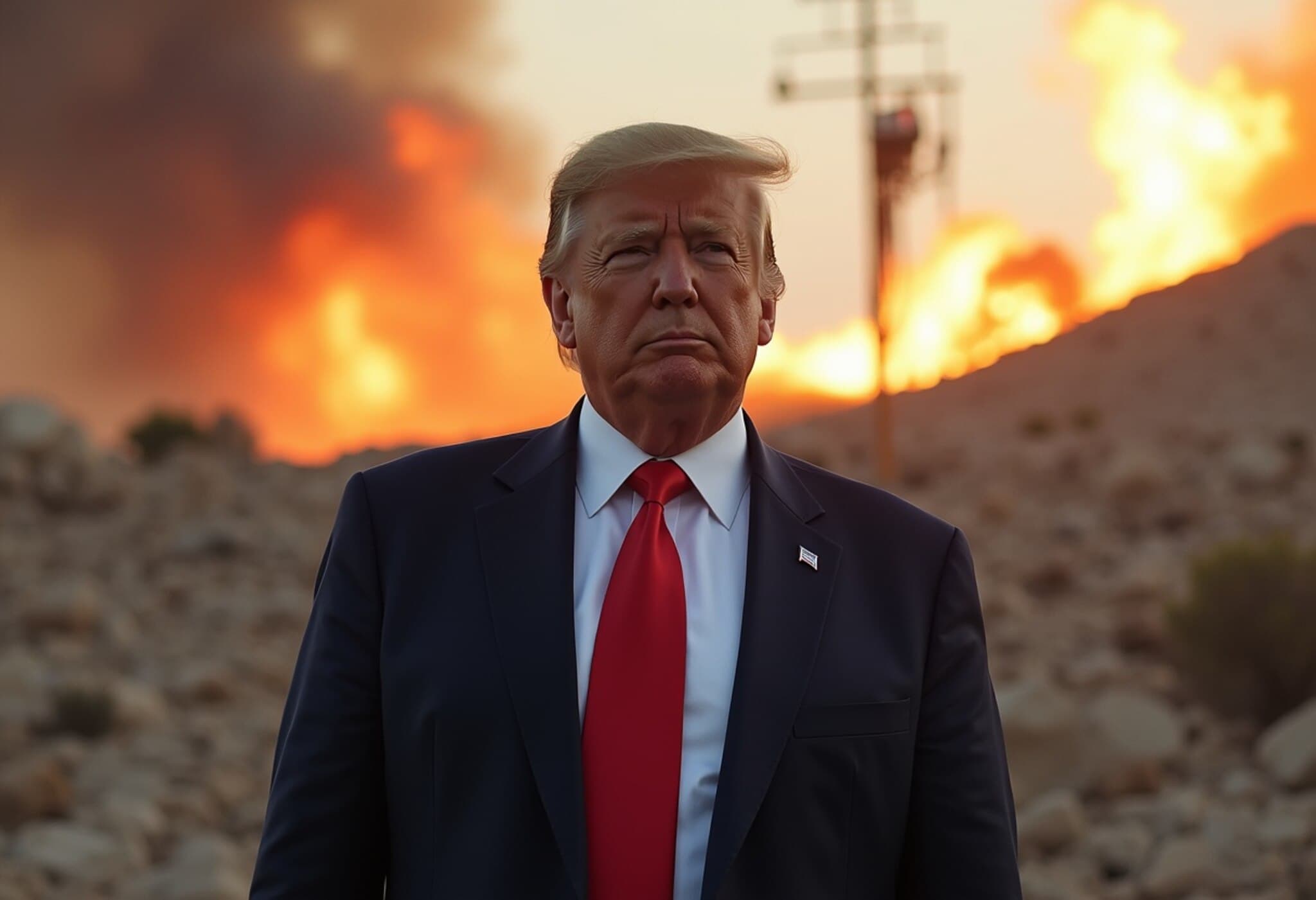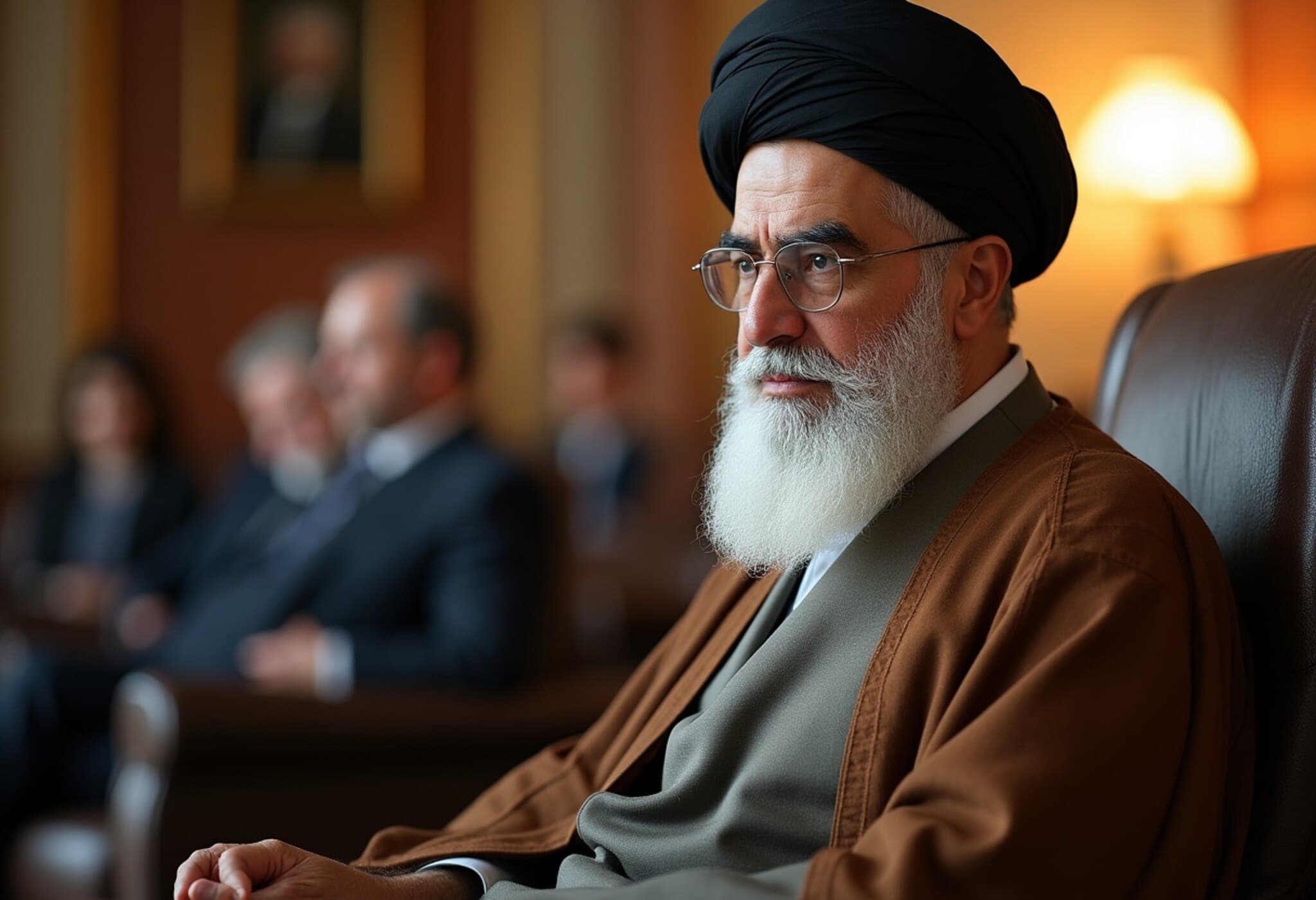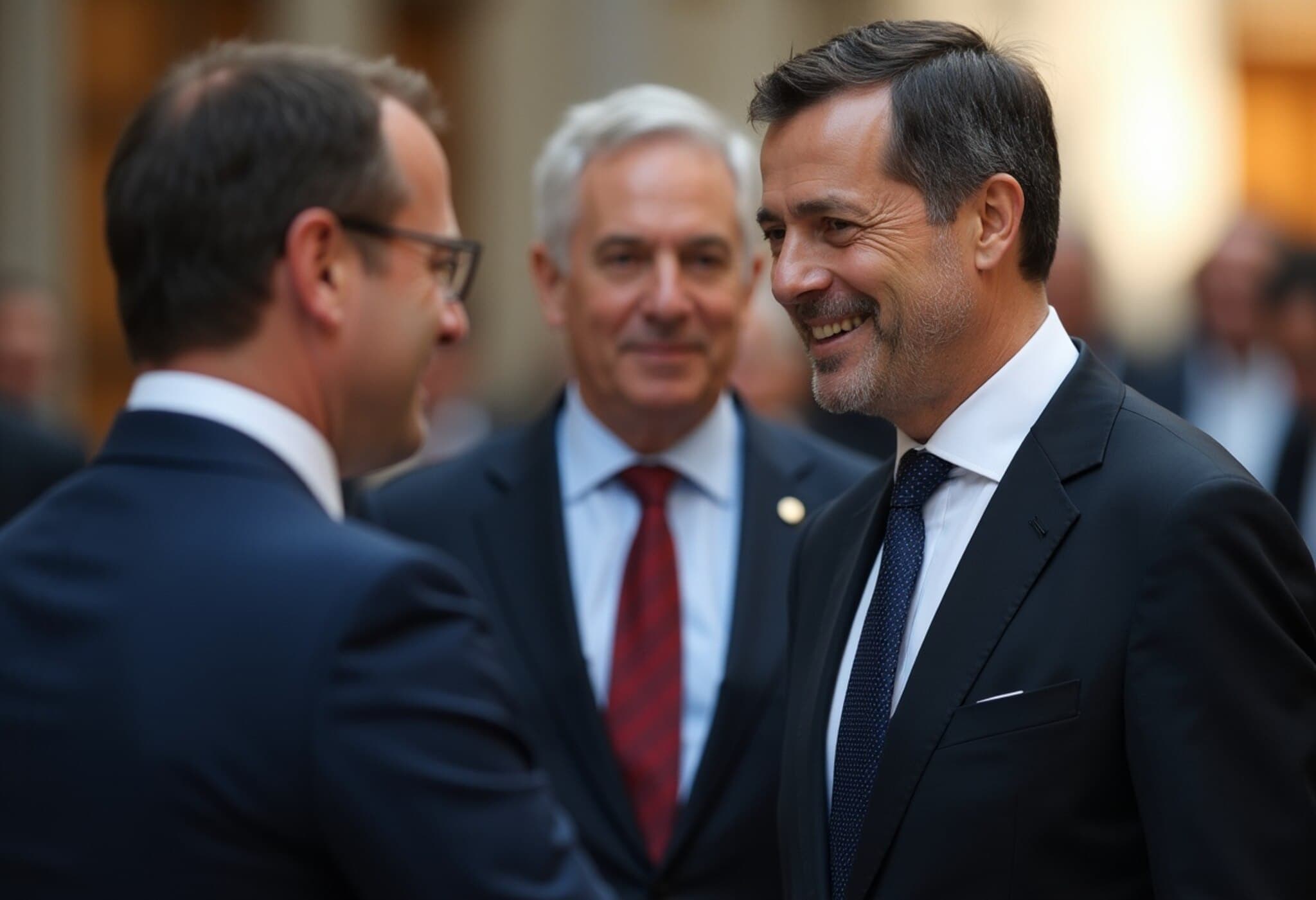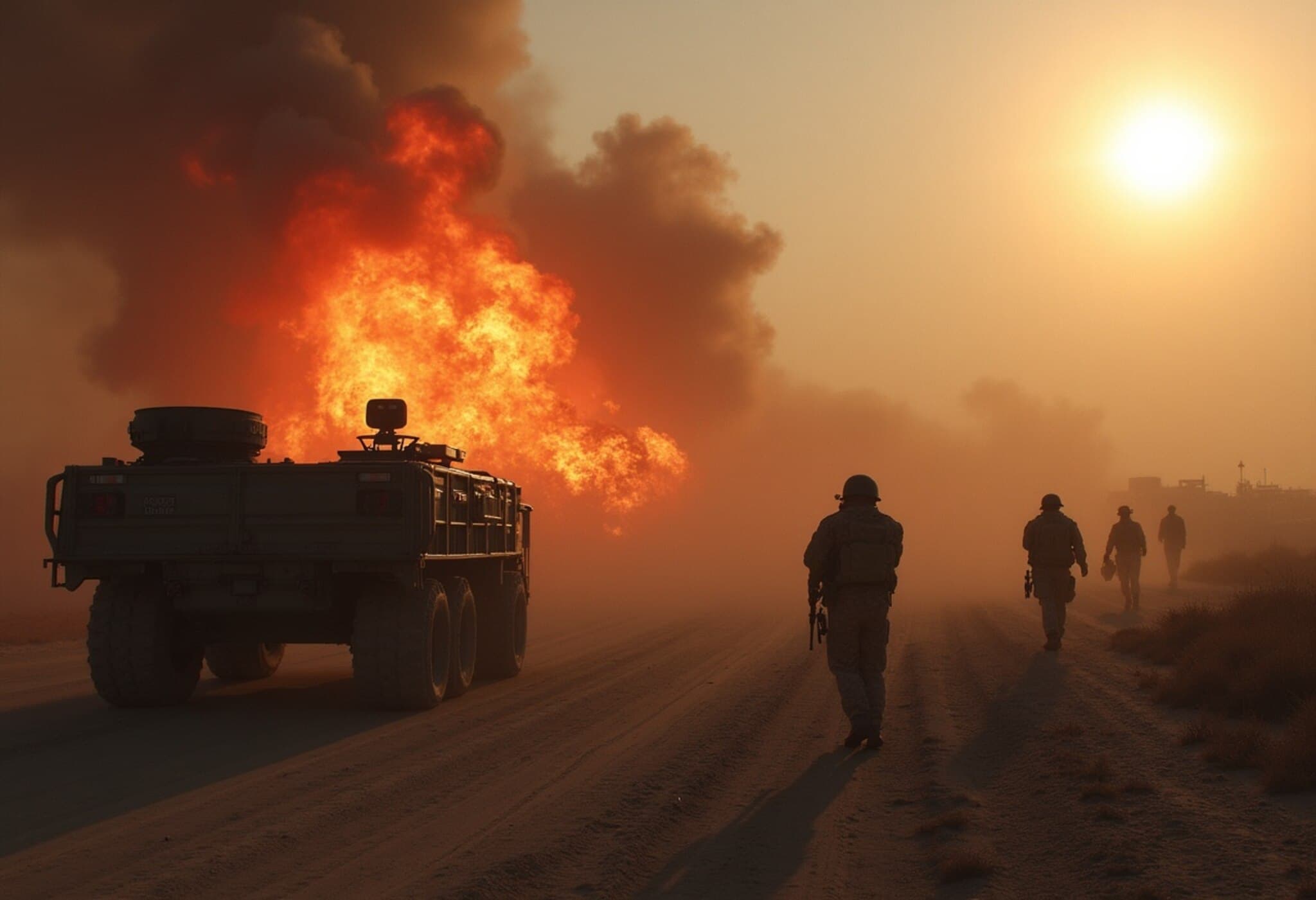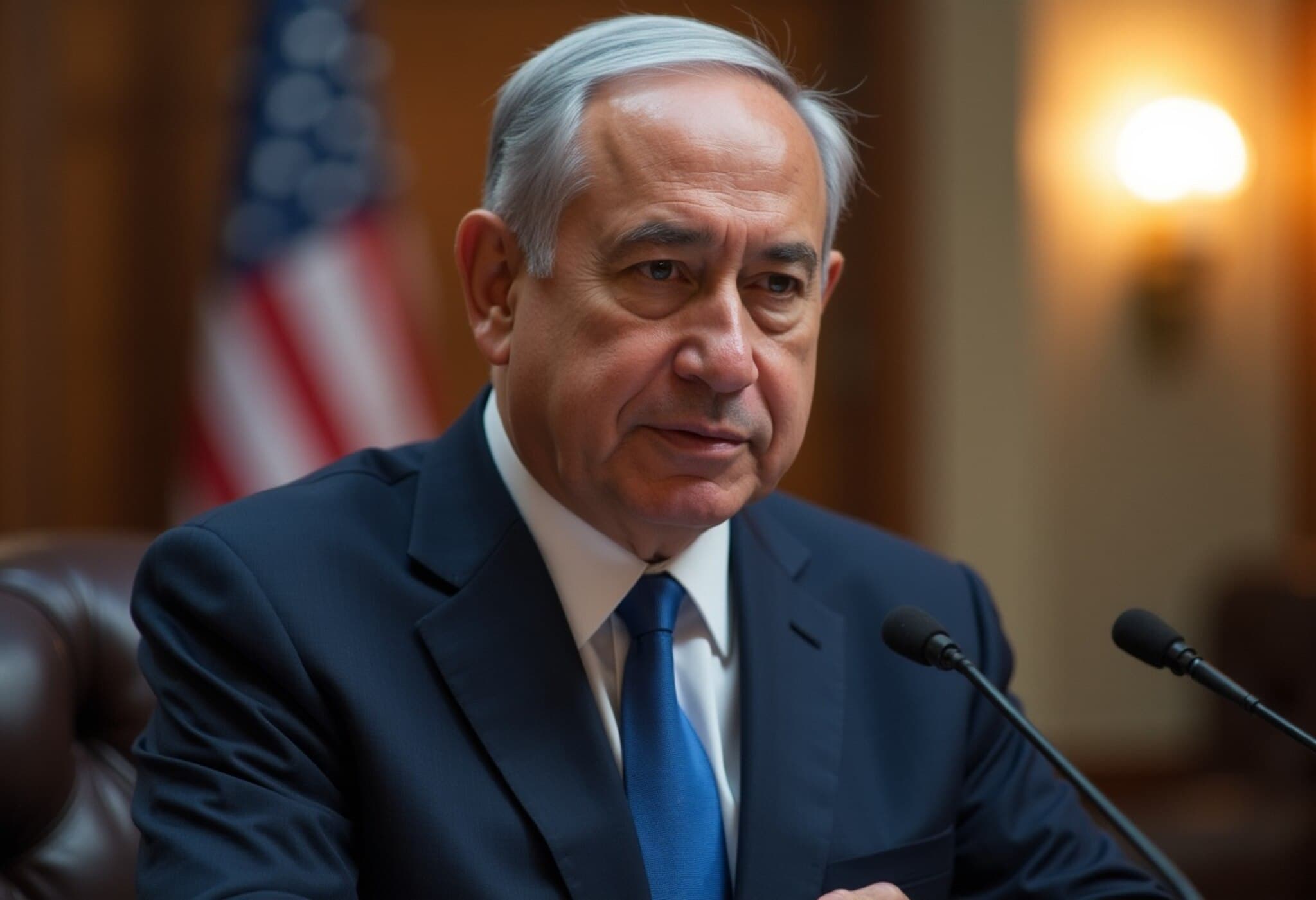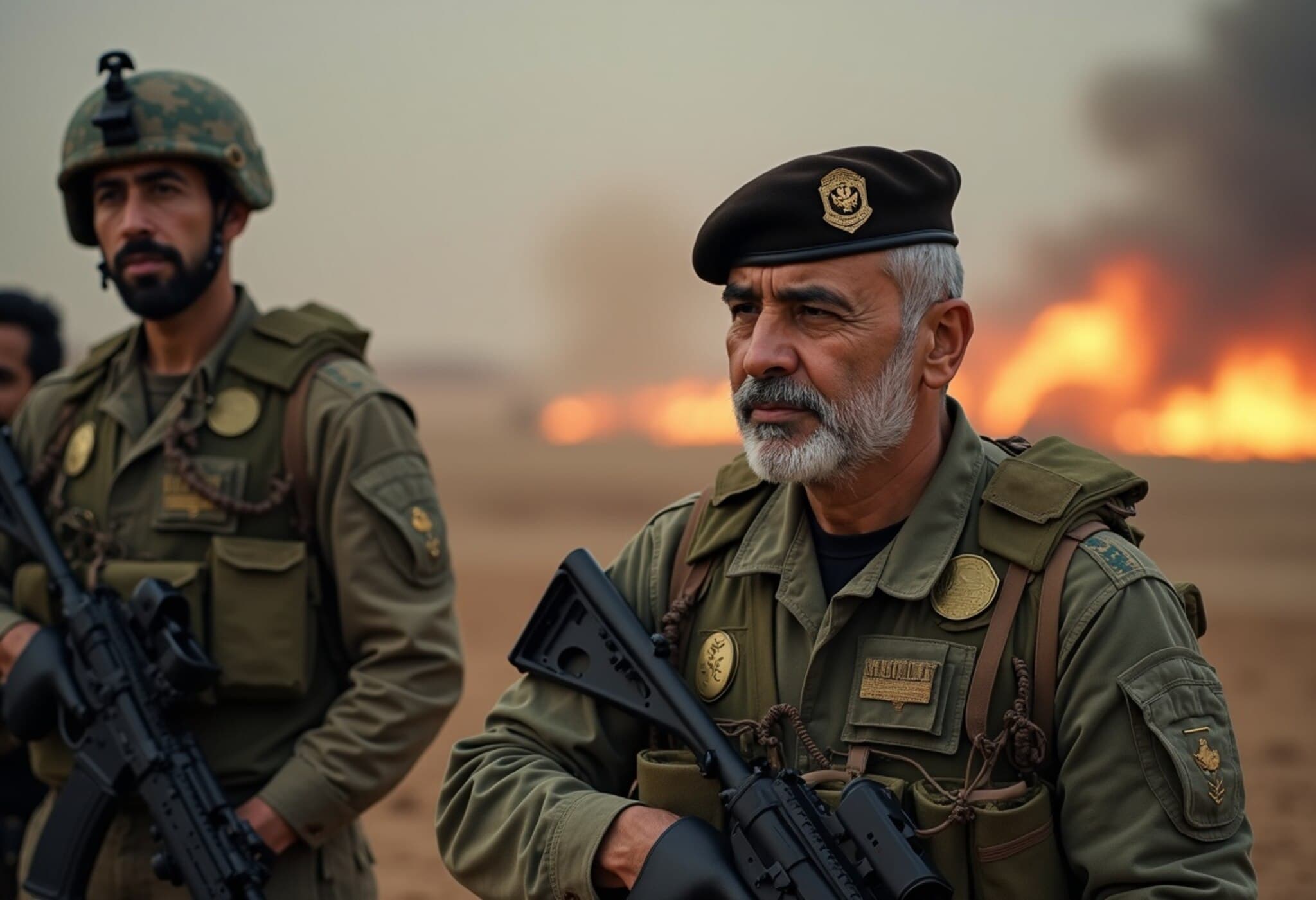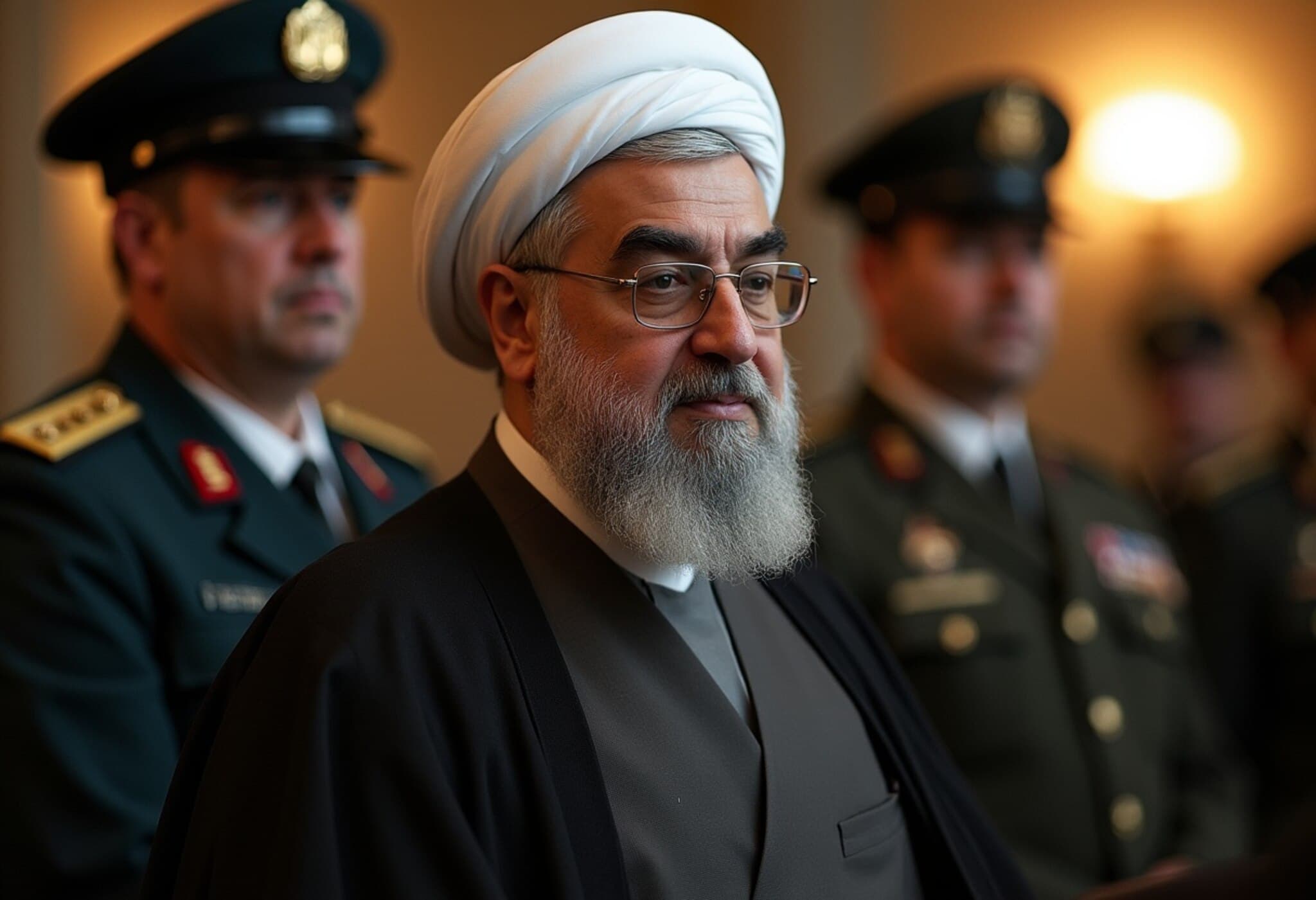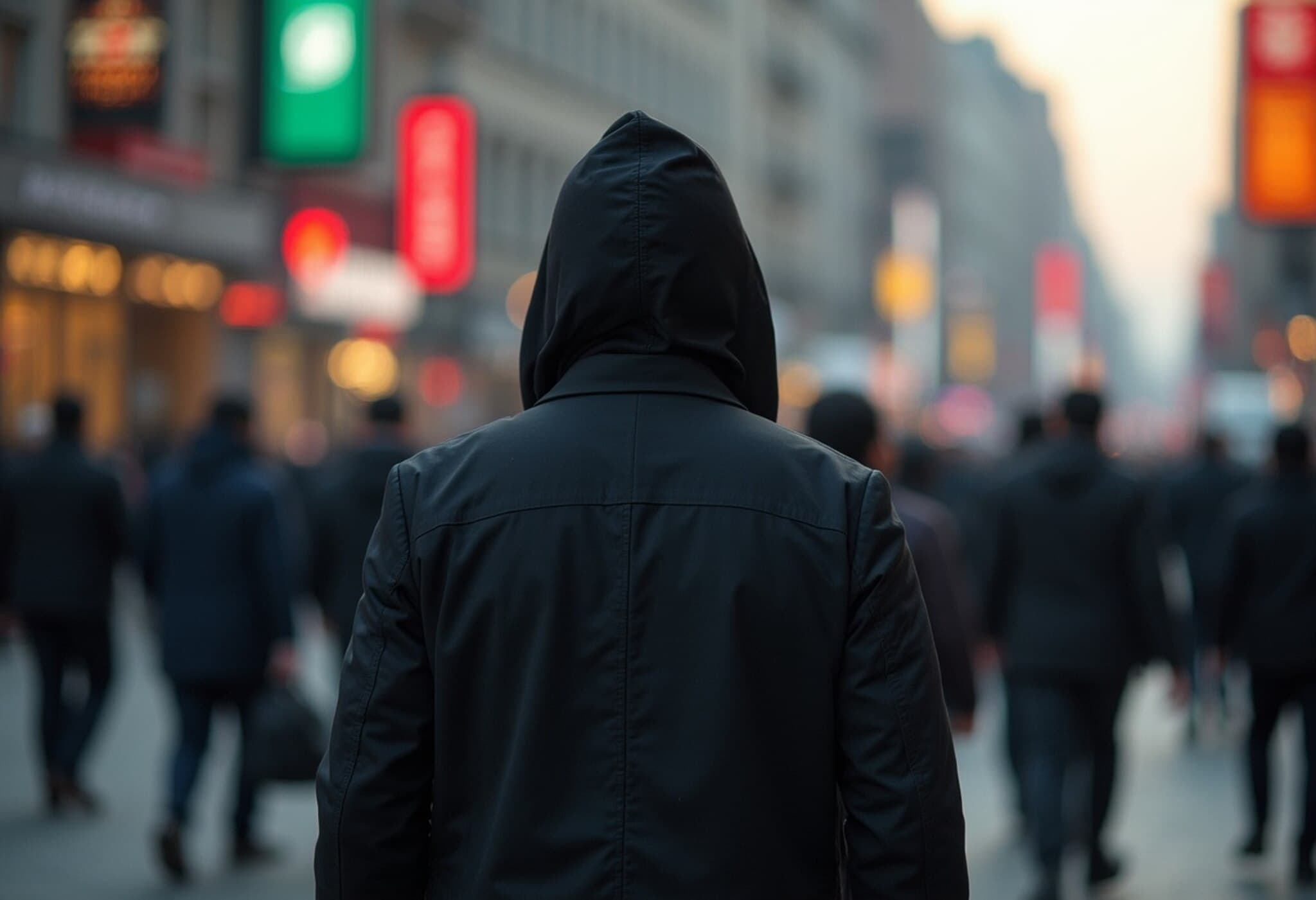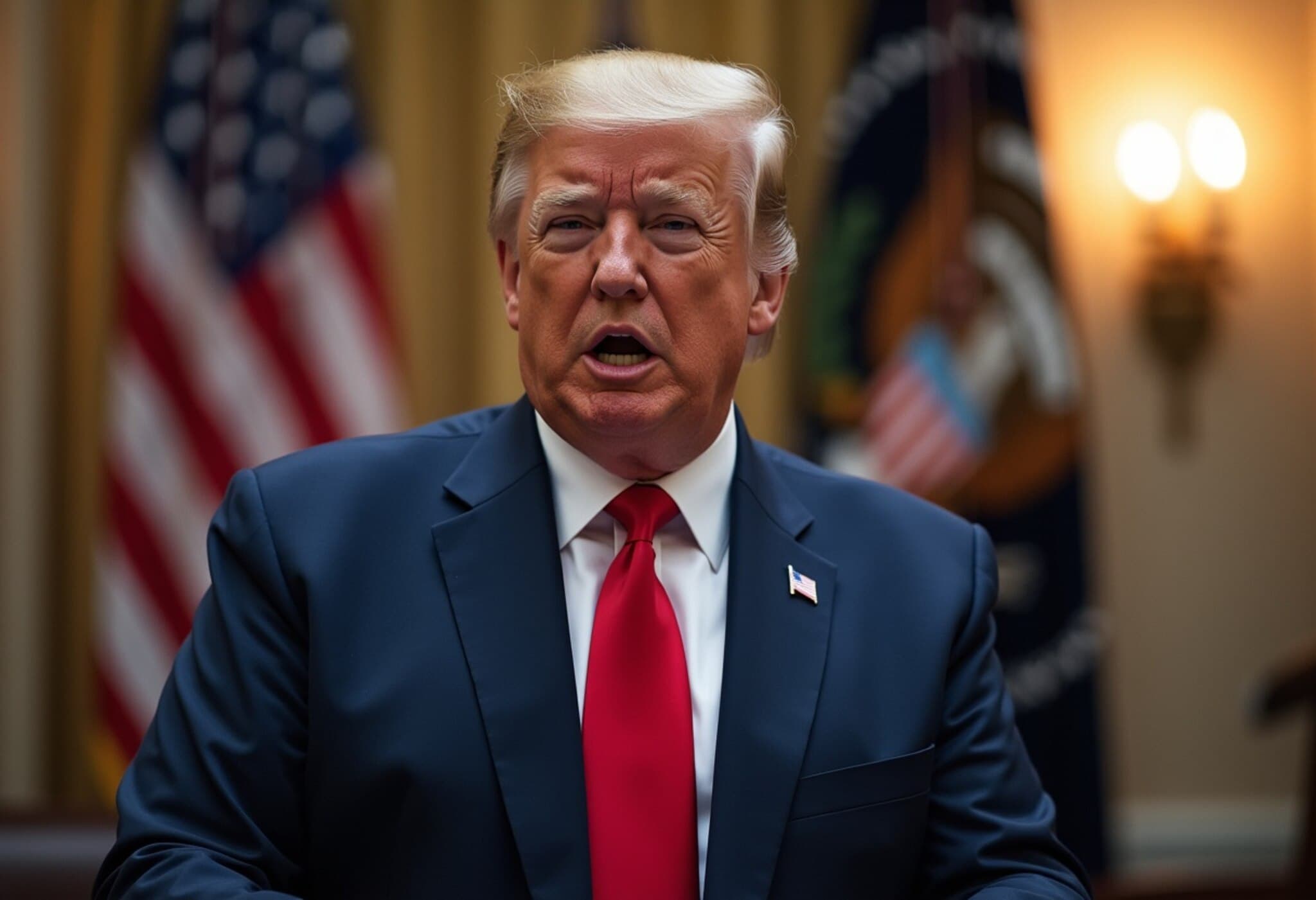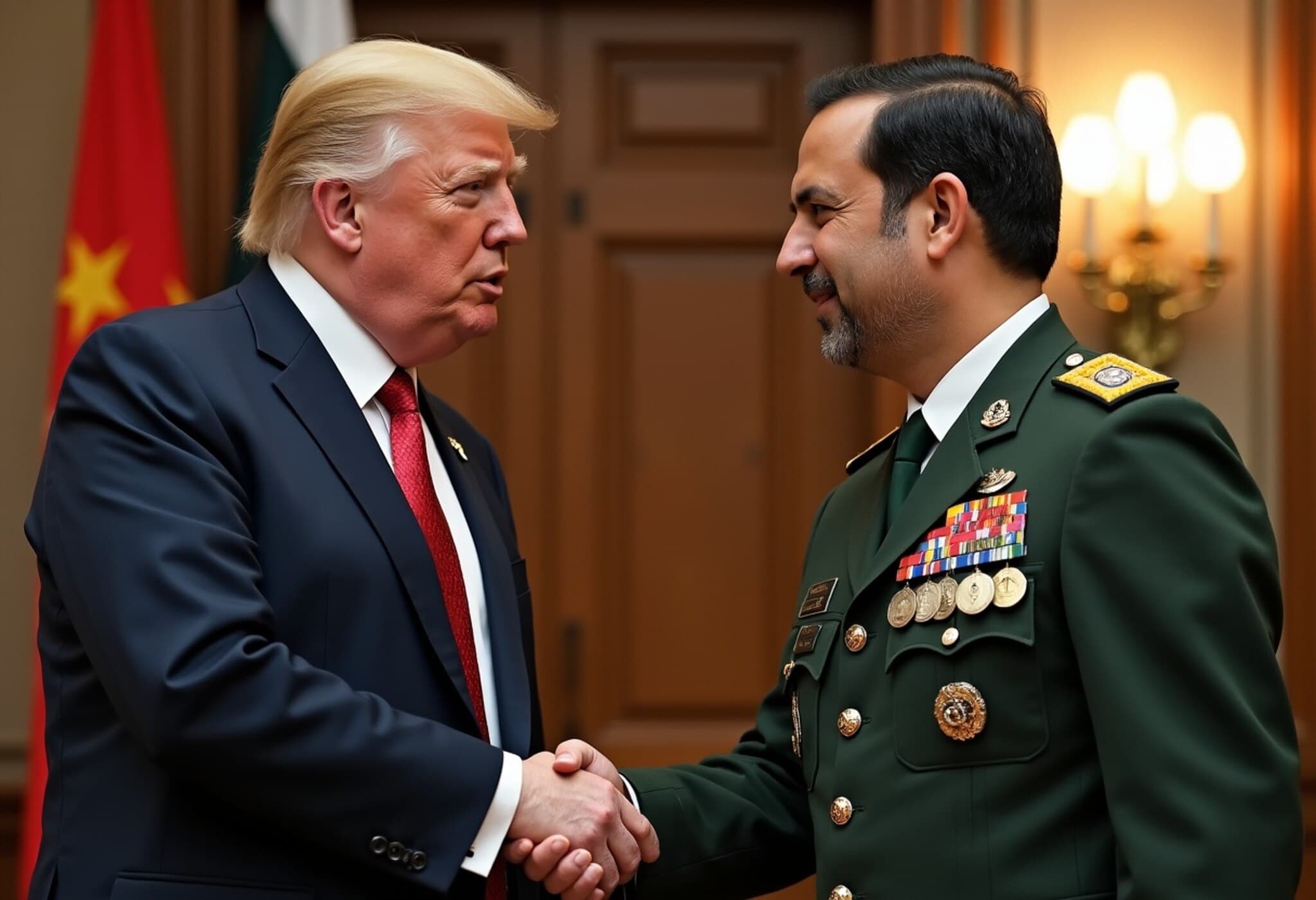Iran’s Supreme Leader Prepares for Leadership Transition Amid Heightened Threats
Iran’s Supreme Leader, Ayatollah Ali Khamenei, has reportedly identified three potential successors to ensure a seamless transfer of power should he pass away. This move reflects growing concerns over his safety given escalating Israeli and American military actions targeting Iran.
Safeguarding the Islamic Republic’s Future
Amid ongoing hostilities, Khamenei is taking extensive precautions to maintain the stability of the Islamic Republic. Sources reveal that the leader has been largely isolated within his heavily fortified residence in central Tehran, known as Beit Rahbari or the Leader’s House. His communication has been limited to just two pre-recorded statements condemning what he described as a "forced war," affirming Iran's determination not to yield under pressure.
Surprising Successor Selections
Contrary to widespread speculation, Khamenei’s son, Mojtaba Khamenei—a cleric closely linked to the Islamic Revolutionary Guards Corps and previously considered a top contender—is not among the three individuals chosen as potential successors. Details about the selected candidates remain undisclosed, highlighting the secretive nature of this strategic move.
Constitutional Process for Leadership Change
Under Iran’s constitution, the death of the Supreme Leader triggers a selection procedure conducted by the Assembly of Experts, a council predominantly composed of 88 clerics. Established after the 1979 Islamic Revolution, this mechanism has been exercised only once, in 1989, when Khamenei himself was appointed to his position.
Rising Security Concerns
Khamenei has escalated his security measures, avoiding direct electronic communications with his commanders and instead confiding in a trusted aide. This heightened caution comes amid Israel’s explicit threats. Israeli Prime Minister Benjamin Netanyahu recently clarified that while their primary goal is to cripple Iran's nuclear and missile capabilities, such military pressure could pave the way for regime change. When pressed on whether this includes targeting Khamenei himself, Netanyahu ominously remarked, "No one is immune."
Looking Ahead
As tensions intensify across the region, Khamenei’s preparations underscore the volatile environment surrounding Iran’s leadership and political future. The strategic naming of successors signals an effort to mitigate power vacuums that could emerge from sudden destabilization.

